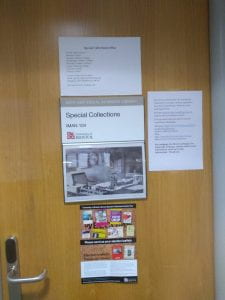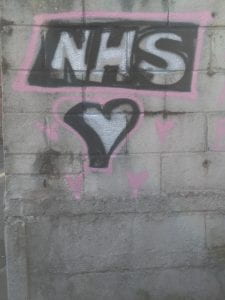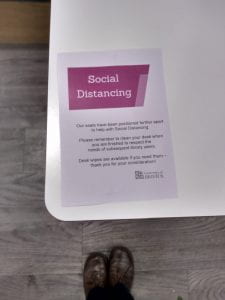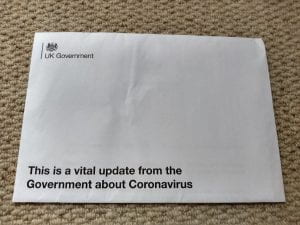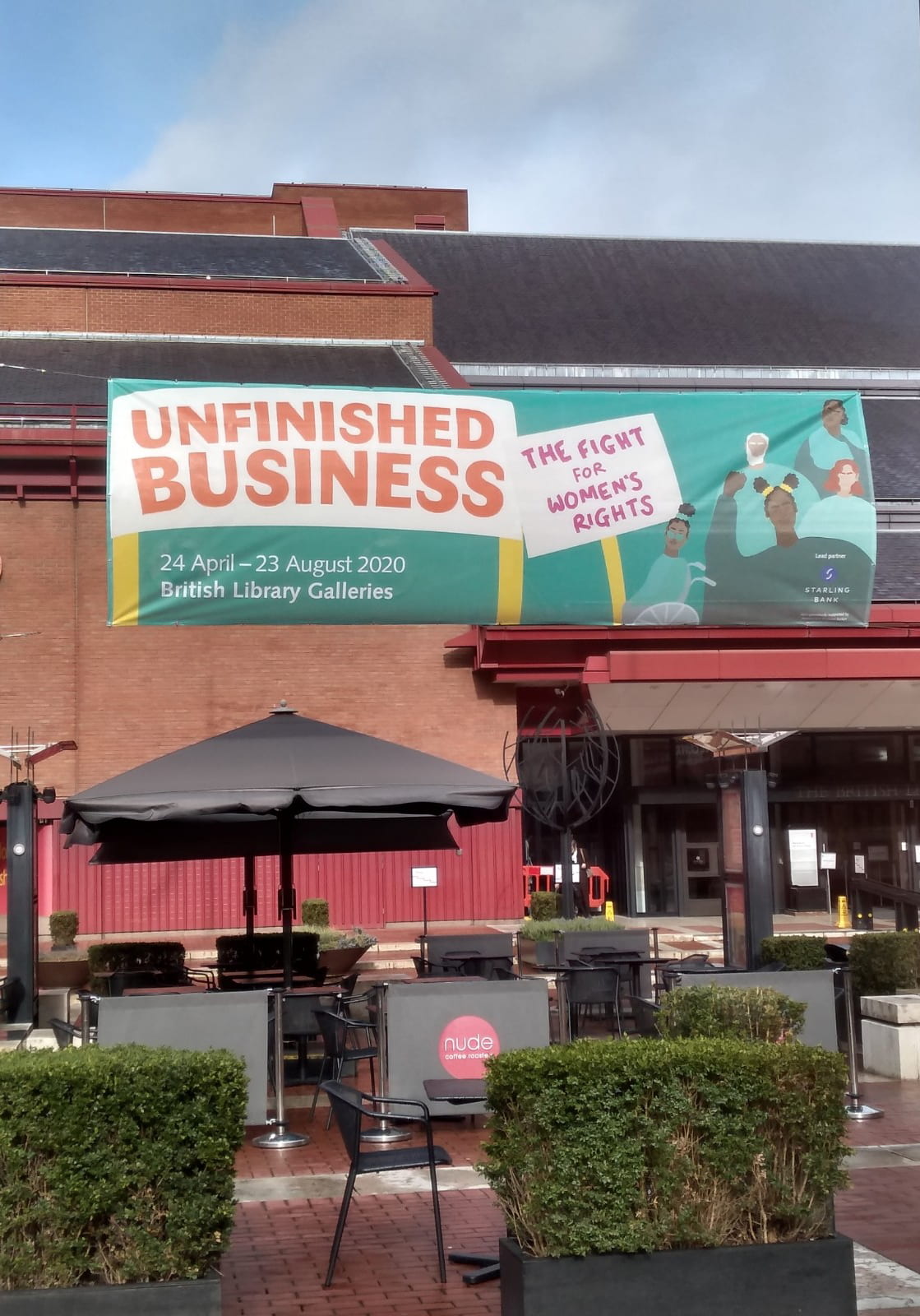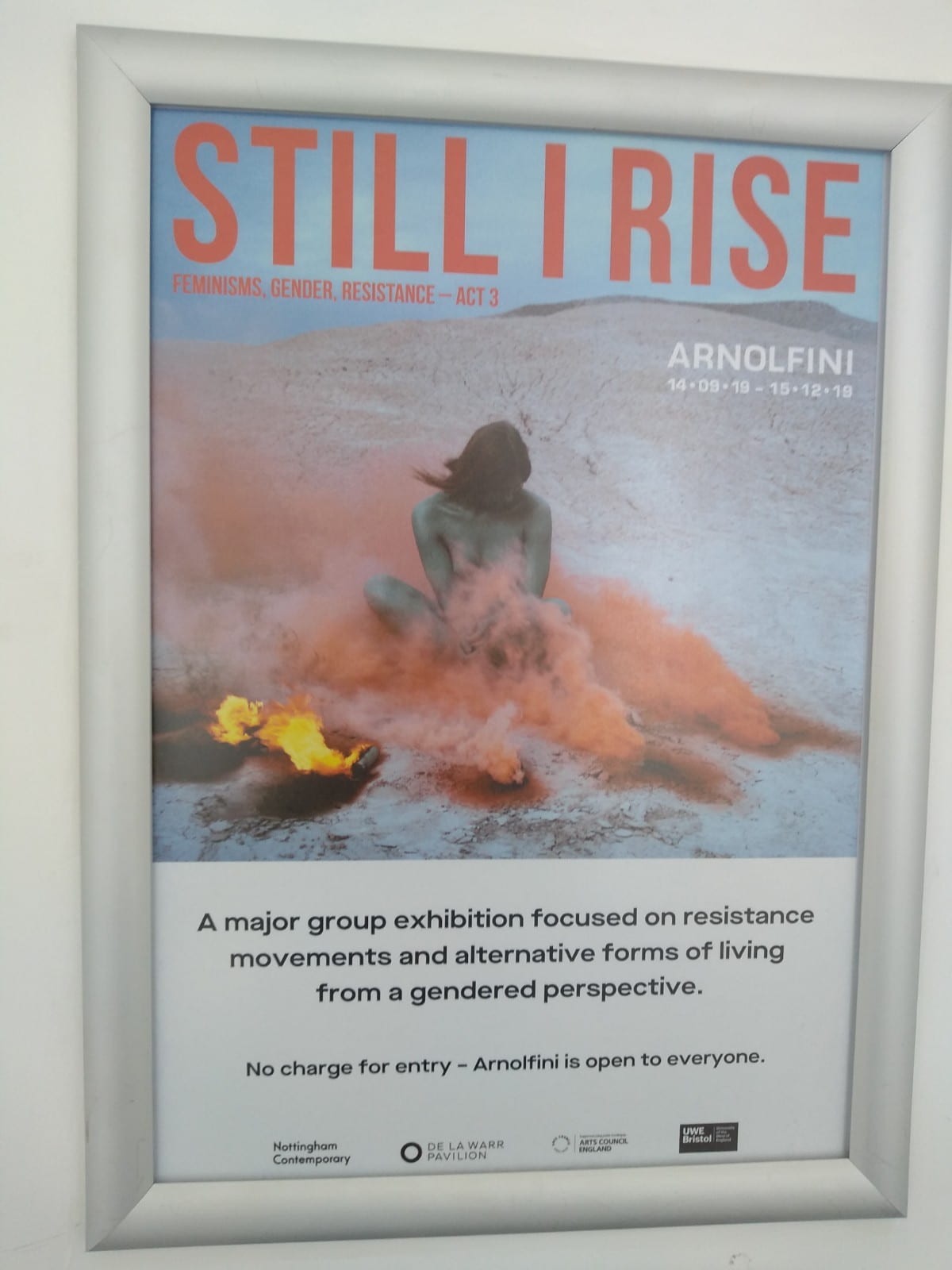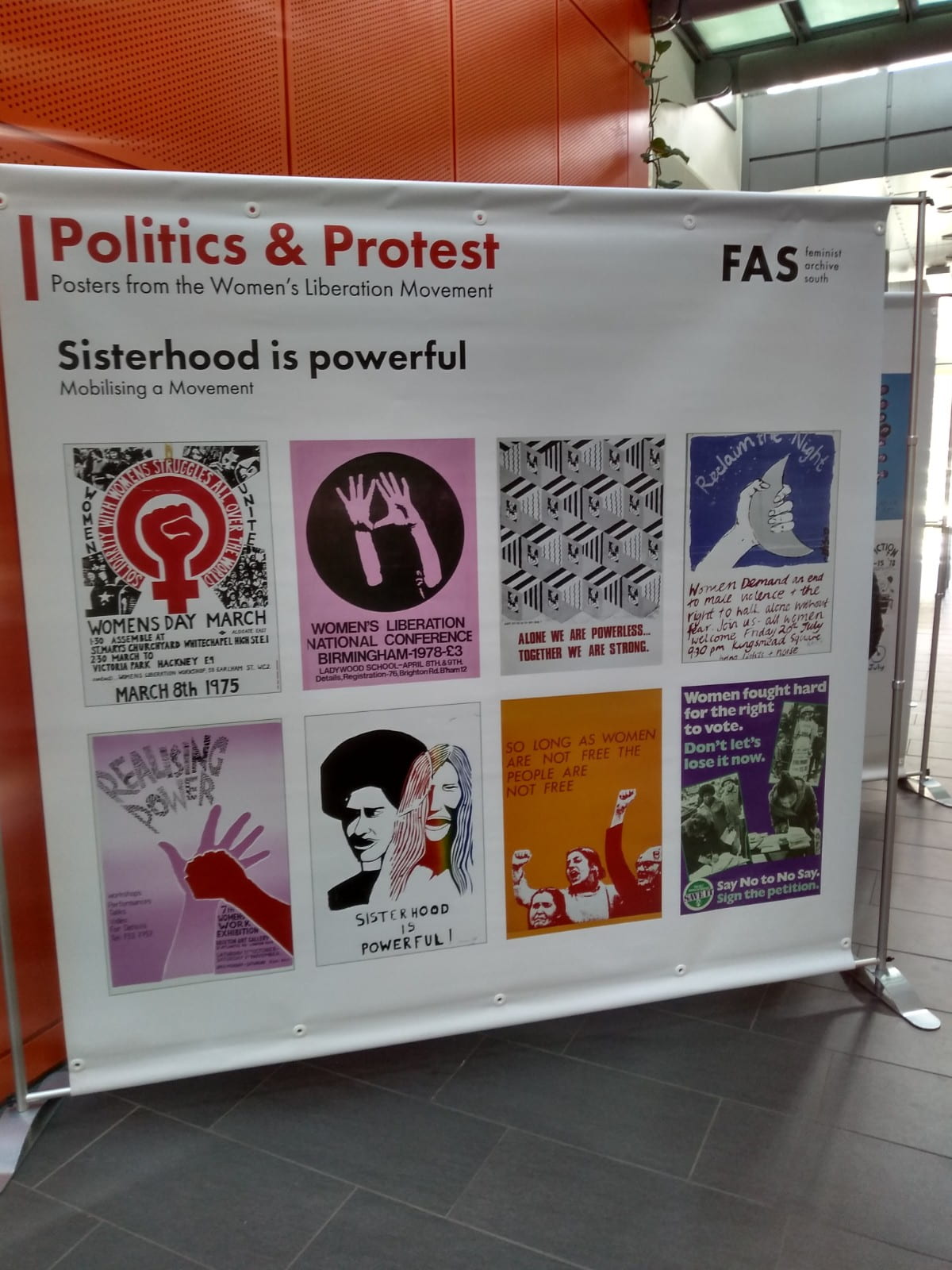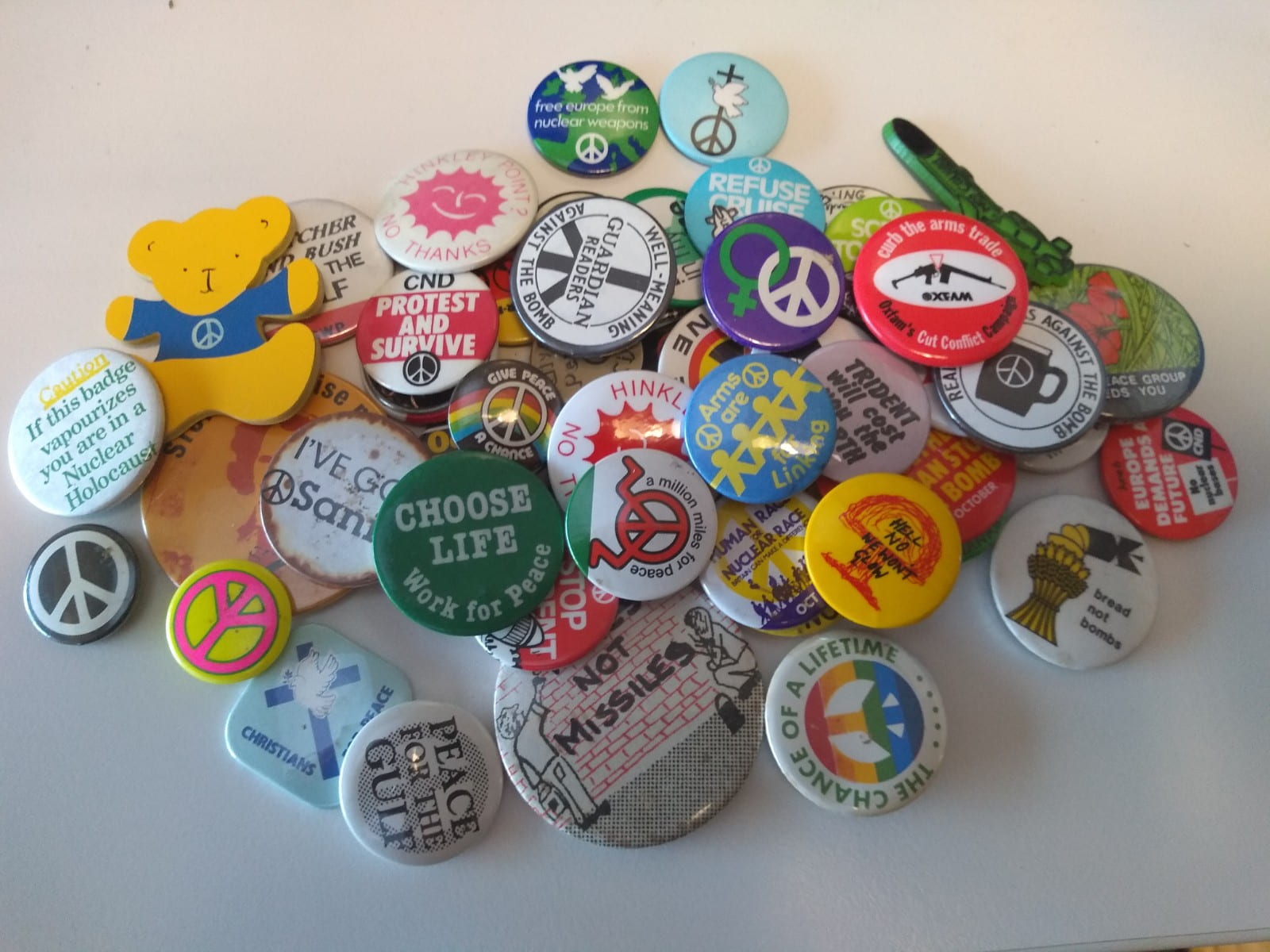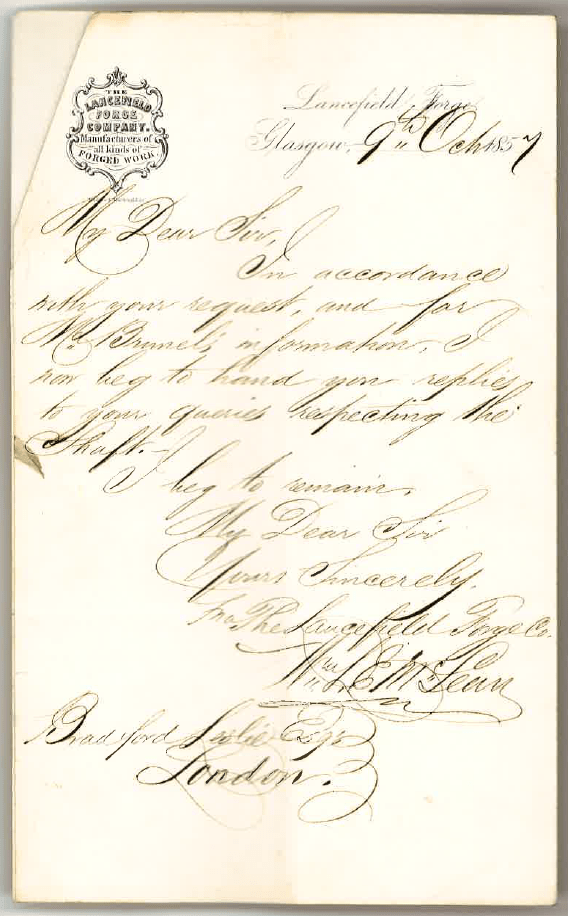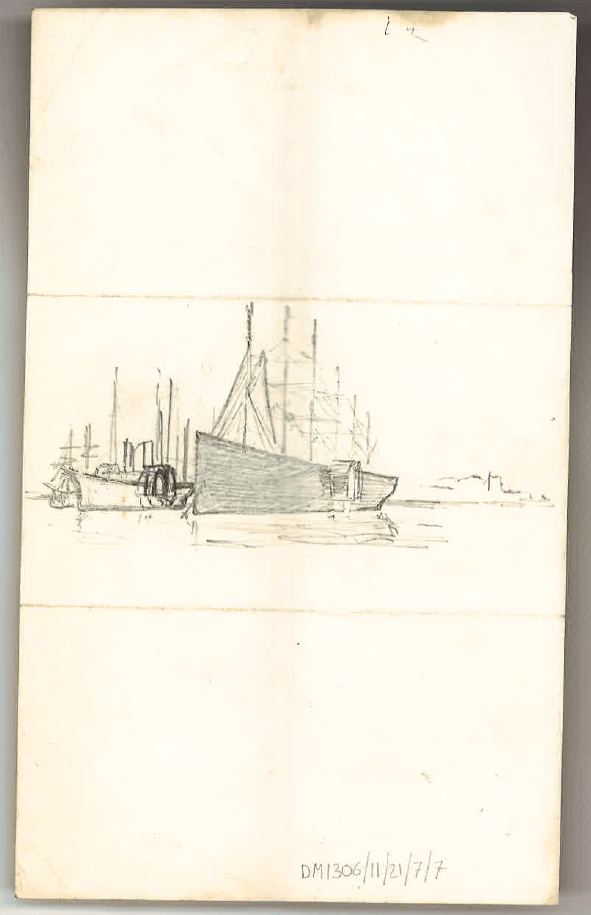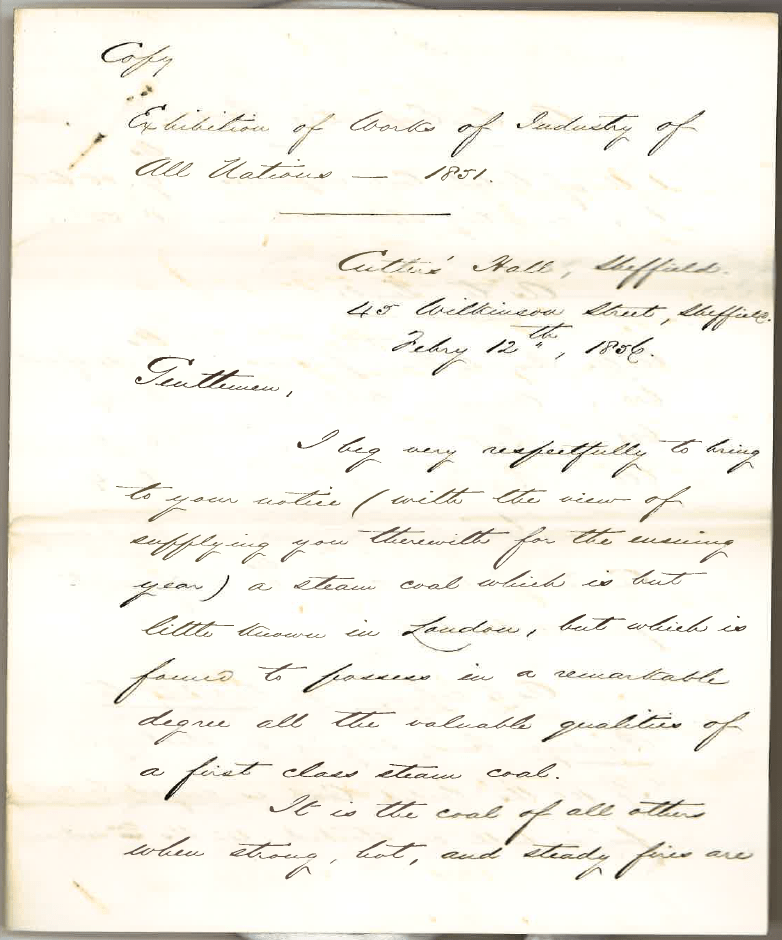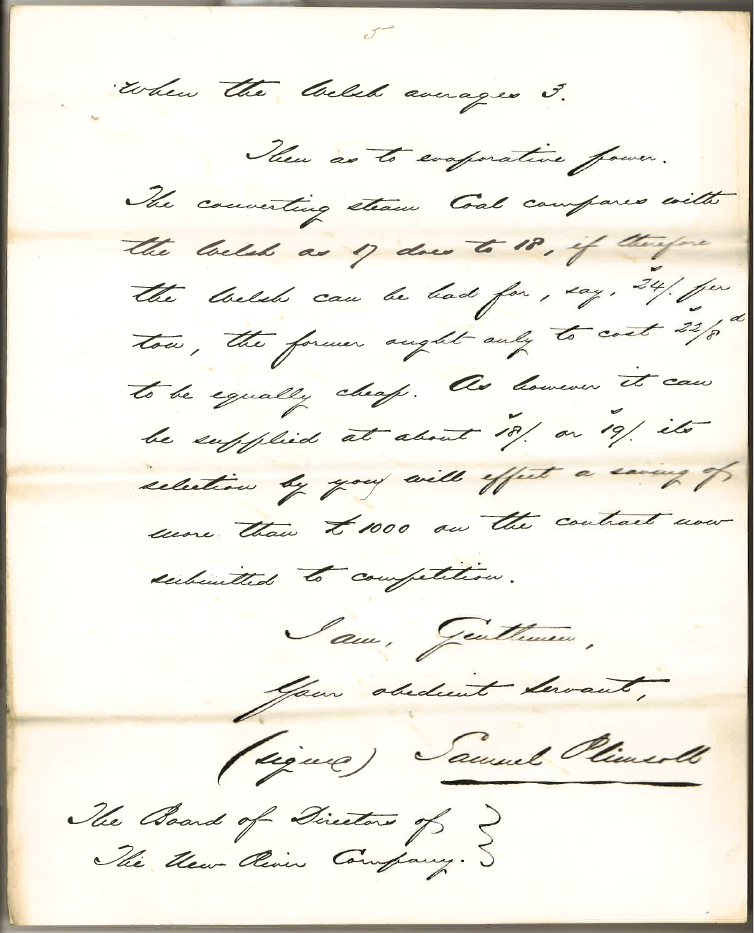Covid-19 Collecting and the University of Bristol Community
Like me, you might well be sick of the phrase that we are living through interesting times, though it could be argued that living through a Covid-19 lockdown and trying to work/study from home, is ‘interesting’.
As this is the case, and as we like to collect contemporary materials which may go into a future archive relating to the coronavirus and how it has affected the University of Bristol Community, we are proposing a collection of Covid-19 related materials.
We are well aware that this is a stressful and sensitive situation for all, and that many of you are more busy than usual; trying to adapt to new situations; working to care for people and develop strategies to combat the pandemic; and suffering losses of loved ones. However we would appeal to you all as part of your busy day to consider what is happening around you, and if you think it could be relevant to how people in the future will study how we coped with the Covid-19 pandemic, do please get in touch with us.
We should receive archives of committees and the like due to our current collecting of archives of the University of Bristol, but there are many other strands that will be of interest.
-Webpages and SharePoint sites: The University Coronavirus web pages and share point sites for students and staff
https://www.bristol.ac.uk/students/coronavirus/current-students/
https://uob.sharepoint.com/sites/coronavirus
The work with the Community to help, support, and discover
The work of the Uncover team
We have created our own SharePoint site so people can upload material and submit it to us. This is new to us, so let us know if there are any problems with it. It is now available here: https://uob.sharepoint.com/teams/grp-Covid-19-collecting
-Press and media: Our academics and students are busy engaging with many forms of media, (we are aware of the public relations web pages and thank them for being supportive)
-Social Media: Blogs, twitter, Instagram, twitter, facebook, yammer. All of which may show a more informal side of what is happening
-Emails: From colleagues/managers/schools to students/staff/individuals giving support and laying down new regimes/suggestions
-Talks and interviews: Such as staff addresses and talks from individual academics.
-Photographs: Images of your working at home desk/study area. Your new co-colleague pets and family. Rainbows, teddy bears in the windows of houses around you. Signs in shop/business/domestic windows. Graffitied messages of support
-Objects: When we go back to campus keep the signs put up to record that a building/library was closed. Did you sew a face mask? Did someone you know create PPE using school 3D-printers or sew scrubs? Did you get involved in volunteering in the community in many different ways? If you don’t want to give up the actual object we would be happy to have a photograph.
-Writing: Some people are writing diaries, finding solace in poetry, reading more (or less). The Brigstow Institute has supported diary projects, Mass Observation is collecting diaries on 12 May, and we would love to see your work (but only if you are happy to share).
https://www.bristol.ac.uk/brigstow/projects/re-imagining-diary/
http://www.massobs.org.uk/write-for-us/12th-may
Our Request
We are going to concentrate on the University as a community, be that student, staff, or alumni. We are interested in your story, whatever faculty you are based in (not just the arts) and whatever your job title or course of study.
We are conscious that there is a lot of collecting already going on. For instance the MShed in Bristol is collecting; as are multiple archives, libraries, museums, and organisations. Collections may be physical or digital, or a mixture of the two. The Wellcome Trust is also giving some good guidelines about the ethics of current collecting, which we are very anxious to follow. So if you would like to talk to us that is brilliant, but if you have already offered your materials to another organisation that is equally fine (we are a bit late in asking).
We also realise how busy everyone is and though we seem to be entering the next stage of the pandemic after 7 weeks of lockdown, we would rather that you save something and get in touch in the future, when you have time to process what you are living through. As I write this on 11 May 2020, the Government and University authorities, and the wider community are talking about what the next stage will be for us all to cope with what we are experiencing. It is a rapidly changing situation, and we would love to record this as it is happening.
Do get in touch with us at
grp-Covid-19-collecting@groups.bristol.ac.uk or special-collections@bristol.ac.uk
We would love to hear from you, and thank you for your time.
Special Collections Web Page: https://www.bristol.ac.uk/library/special-collections/
Hannah Lowery on behalf of the Special Collections Team
11 May 2020
(images all Hannah Lowery)

